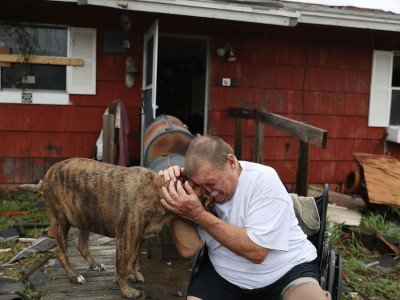Central sleep apnea is when you repeatedly stop breathing during sleep because the brain temporarily stops sending signals to the muscles that control breathing.
Central sleep apnea often occurs in people who have certain medical conditions. For example, it can develop in persons who have life-threatening problems with the brainstem. The brainstem controls breathing. As a result, any disease or injury affecting this area may result in problems with normal breathing during sleep or when awake.
Conditions that can cause or lead to central sleep apnea include:
* Bulbar poliomyelitis
* Complications of cervical spine surgery
* Encephalitis affecting the brainstem
* Neurodegenerative illnesses such as Parkinson’s disease
* Radiation of the cervical spine
* Severe arthritis and degenerative changes in the cervical spine or the base of the skull
* Severe obesity
* Stroke affecting the brainstem
* Primary hypoventilation syndrome
* Use of certain medications such as narcotic-containing painkillers
One form of central sleep apnea commonly occurs in people with congestive heart failure. Idiopathic central sleep apnea refers to apnea that is not associated with another disease.
Central sleep apnea is not the same as obstructive sleep apnea, which is due to a blockage in the airway.
Symptoms
Persons with central sleep apnea have episodes of disrupted breathing during sleep.
Other symptoms may include:
* Chronic fatigue
* Daytime sleepiness
* Morning headaches
* Restless sleep
Other symptoms may occur if the apnea is due to a neurological condition. Symptoms depend on the underlying disease and what parts of the nervous system it has affected, but may include:
* Difficulty swallowing
* Voice changes
* Weakness or numbness throughout the body
Signs and tests
The health care provider will perform a physical exam. Tests will be done to diagnose an underlying medical condition. A sleep study (polysomnogram) can confirm sleep apnea.
Other tests that may be done include:
* Lung function studies
* MRI
Treatment
Oxygen, nasal CPAP, or bilevel positive airway pressure (BiPAP) may be used for some types of central sleep apnea.
Some types of central sleep apnea are treated with drugs that stimulate breathing.
Patients should avoid the use of any sedative medications.
If central sleep apnea is due to heart failure, the goal is to treat the heart failure itself.
Source: Pub Med Health





